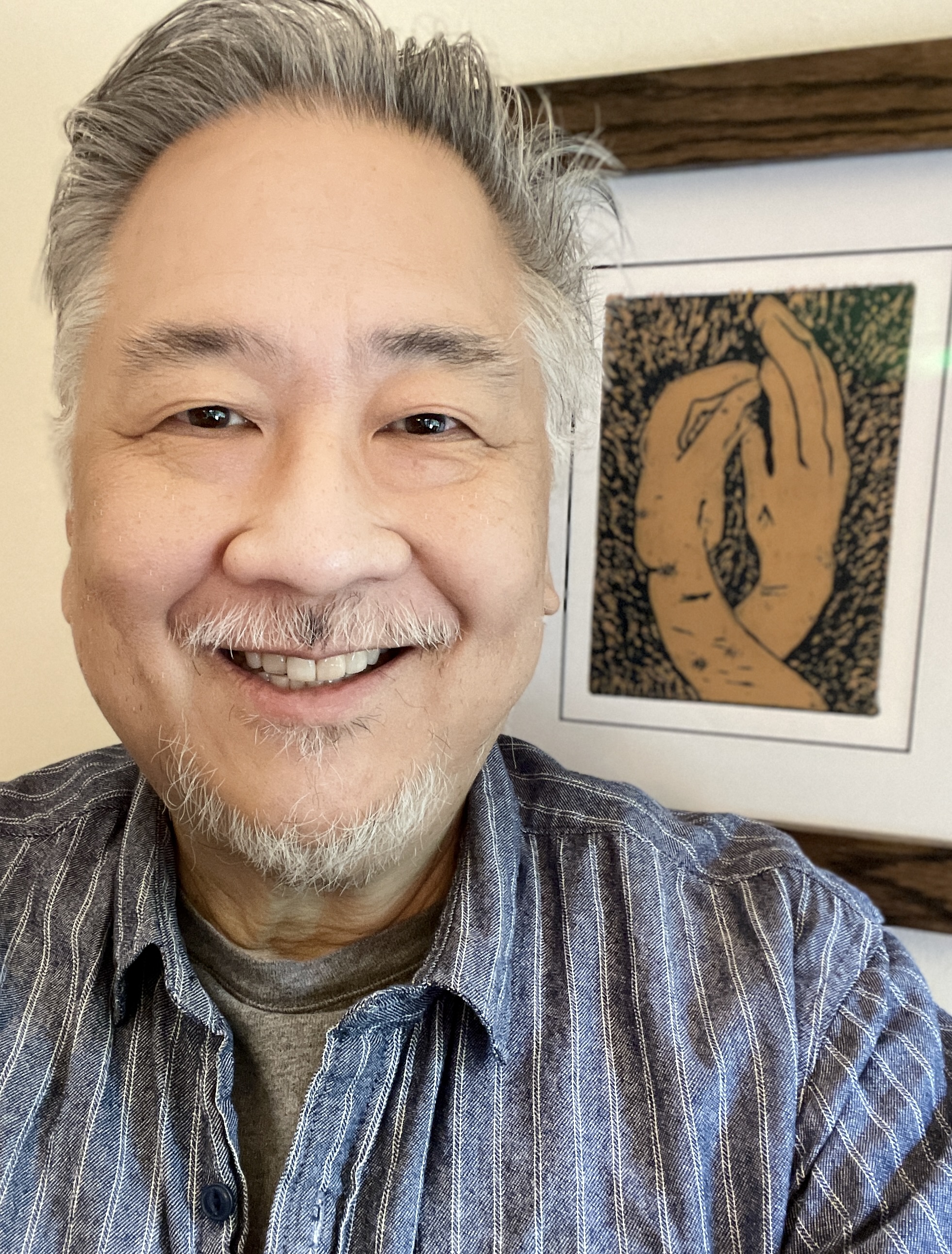The Trap of Emotion
- Andrew Tsao
- May 27, 2025
- 2 min read

Most people who don't create drama in some form or another as a career equate acting with emotion.
This is not odd, for when we are an audience either in the theatre or watching a screen, we see high emotions quite often. Therefore we are tricked into thinking that the job of the actor is to "emote."
This is a trap, especially for student actors.
What we discover when we begin to understand that acting is about "doing," pursuing an action (need) with focus and drive, is that the RESULT can often bring up emotions.
That is to say, emotions are the by-product of a character trying to achieve a personal goal against an obstacle that is too great for them to overcome in the moment.
A woman trying to save her child from harm but being unable to will become highly emotional. A man struggling to save his family or friends from a terrible fate but being helpless will experience powerful emotions.
What is important here is that what the character is fighting for matters a great deal, and that they are trying with all their ability to do what is necessary. In fact, the root of the Greek word "DRAMA" is "DOING." Emotions therefore are the RESULT of actions, not the goal.
In our acting classes, we actually actively avoid the manufacturing of emotions. Emotions for the sake of emotions are not inherently dramatic. In fact, they can come across as false, irritating and over-indulgent. Only when emotions come from a clear action against a challenging obstacle do we acknowledge their legitimacy. This is how we know the objective and action of the character are truly being lived by the actor.
This phenomenon of living truthfully in the reality of the character is the pathway to powerfully emotional performances. Human beings tend to try and suppress emotions when pursuing something crucial, because emotions can often get in the way of what is being pursued.
When a person succumbs to their emotions, they cannot be in action. Neither can your character. There may be moments in a given drama when a character is overcome with emotion, but usually these moments are rare and are experienced as a way to get past the emotions in order to arrive at a new action or change in circumstances. The purging of emotions in order to find a new action is a legitimate tactic, but must be considered carefully.
Indeed, in classical dramas like THE TROJAN WOMEN, where the characters face the death of their husbands and children, brutal rape and eventual sale into slavery, a legitimate and dramatic purging of emotion is warranted. The challenge for the actors in this case is to live so fully in the circumstances of the Trojan women that these emotions rise up of their own accord. A difficult creative and imaginative challenge, but one that speaks to the core of the concept of truly living in the given circumstances of the character.
For the student actor, focusing on the action/obstacle conflict of your character should be paramount. Emotions can follow from a deep connection to your character's situation and the obstacles they face, but should never be at the forefront of your work.




Comments